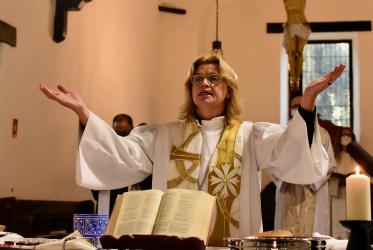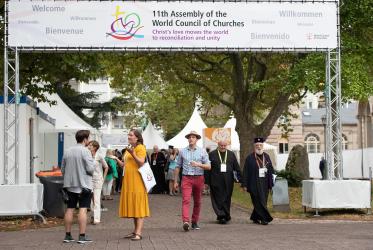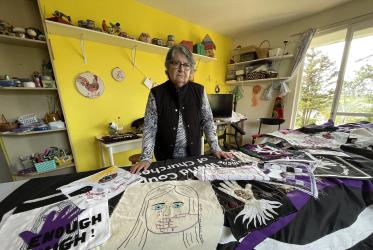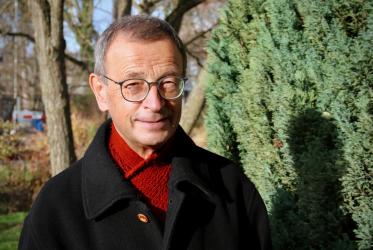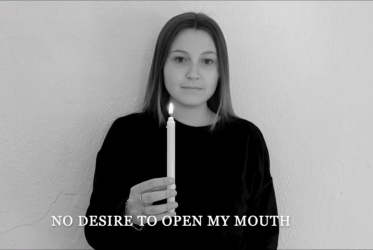Displaying 1 - 20 of 31
17 April 2024
Ecumenism in the Philippines means hope and resilience
22 August 2023
In Chile, “Churches’ ministry of reconciliation is key”
29 November 2022
Migrants in Argentina find listening ears and open hearts
04 November 2022
Christ’s Love (Re)moves Borders – GETI 2022 in images
13 September 2022
Brother Alois: Faith in Christ means strengthening unity
21 December 2021
Women in Argentina walk in solidarity with women of Afghanistan
23 September 2021






